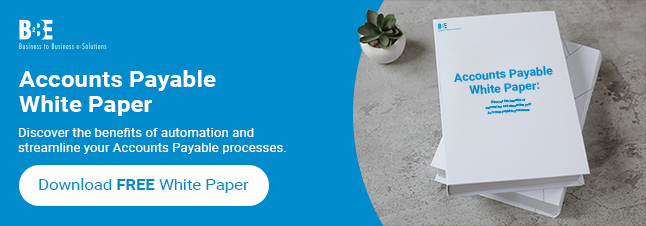Cash flow management stands as a linchpin in the financial stability and growth of any business. It involves a delicate balance between incoming and outgoing funds, and among the various components contributing to this balance, accounts payable plays a pivotal role. Let’s explore why accounts payable is the cornerstone of effective cash flow management.
Understanding Cash Flow Management
Cash flow management entails monitoring, analysing, and optimising the movement of cash into and out of a business. It involves managing both inflows from sales, investments, and financing, as well as outflows covering expenses, investments, and payments.
Maintaining a healthy cash flow is essential for covering operational expenses, investing in growth opportunities, meeting financial obligations, and ensuring overall business stability.
The Role of Accounts Payable in Cash Flow Management
Accounts payable represents the money a business owes to its suppliers or creditors for goods or services purchased on credit. It’s therefore a critical component of a company’s liabilities and an integral part of the cash flow equation.
Why Accounts Payable Matters in Cash Flow Management
- Timing of Payments: Managing accounts payable effectively allows a business to optimise the timing of payments. Timely payments ensure credibility and goodwill with suppliers while avoiding late fees or penalties.
- Cash Flow Forecasting: Accounts payable data provides valuable insights for accurate cash flow forecasting. By understanding upcoming payment obligations, businesses can better plan and allocate funds accordingly.
- Working Capital Optimisation: Strategically managing accounts payable can help in optimising working capital. Balancing the payment cycle ensures sufficient funds are available for critical business operations.
- Supplier Relationships: Maintaining healthy accounts payable practices fosters stronger relationships with suppliers. This can lead to potential discounts, better terms, and even priority service in certain cases.
Best Practices for Effective Accounts Payable Management
- Streamlined Processes: Implement efficient systems and workflows for invoice processing, approvals, and payments to avoid delays or errors.
- Negotiating Terms: Negotiate payment terms with suppliers that align with the business’ cash flow cycle without compromising on relationships.
- Leveraging Technology: Utilise accounting software or systems that offer automation, streamline workflows, and provide real-time visibility into payables.
- Regular Reconciliation: Regularly reconcile accounts payable records with supplier invoices to ensure accuracy and avoid discrepancies.
Conclusie
Accounts payable emerges as a vital component of cash flow management. By efficiently managing payables, businesses can therefore optimise cash flow, strengthen supplier relationships, and gain a clearer understanding of their financial health. It’s not just about paying bills; it’s also about strategically orchestrating financial resources to ensure stability, growth, and sustainability.
Adopting best practices in accounts payable management empowers businesses to navigate cash flow challenges effectively, allowing them to seize opportunities for growth while maintaining a solid financial footing.
Learn more about B2BE’s Accounts Payable solution.
About B2BE
B2BE delivers electronic supply chain solutions globally, helping organisations to better manage their supply chain processes, providing greater levels of visibility, auditability and control. We’re driven by a passion for what we do, inspired by innovation, and underpinned by a wealth of knowledge. With over 20+ years of experience, the B2BE teams operate worldwide.
Ga voor meer informatie naar www.b2be.com.

